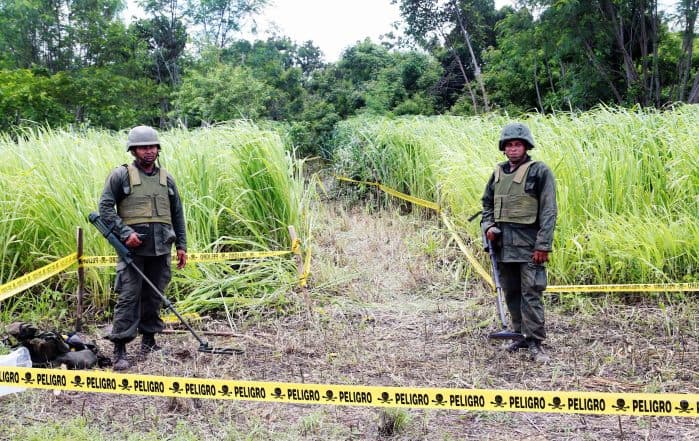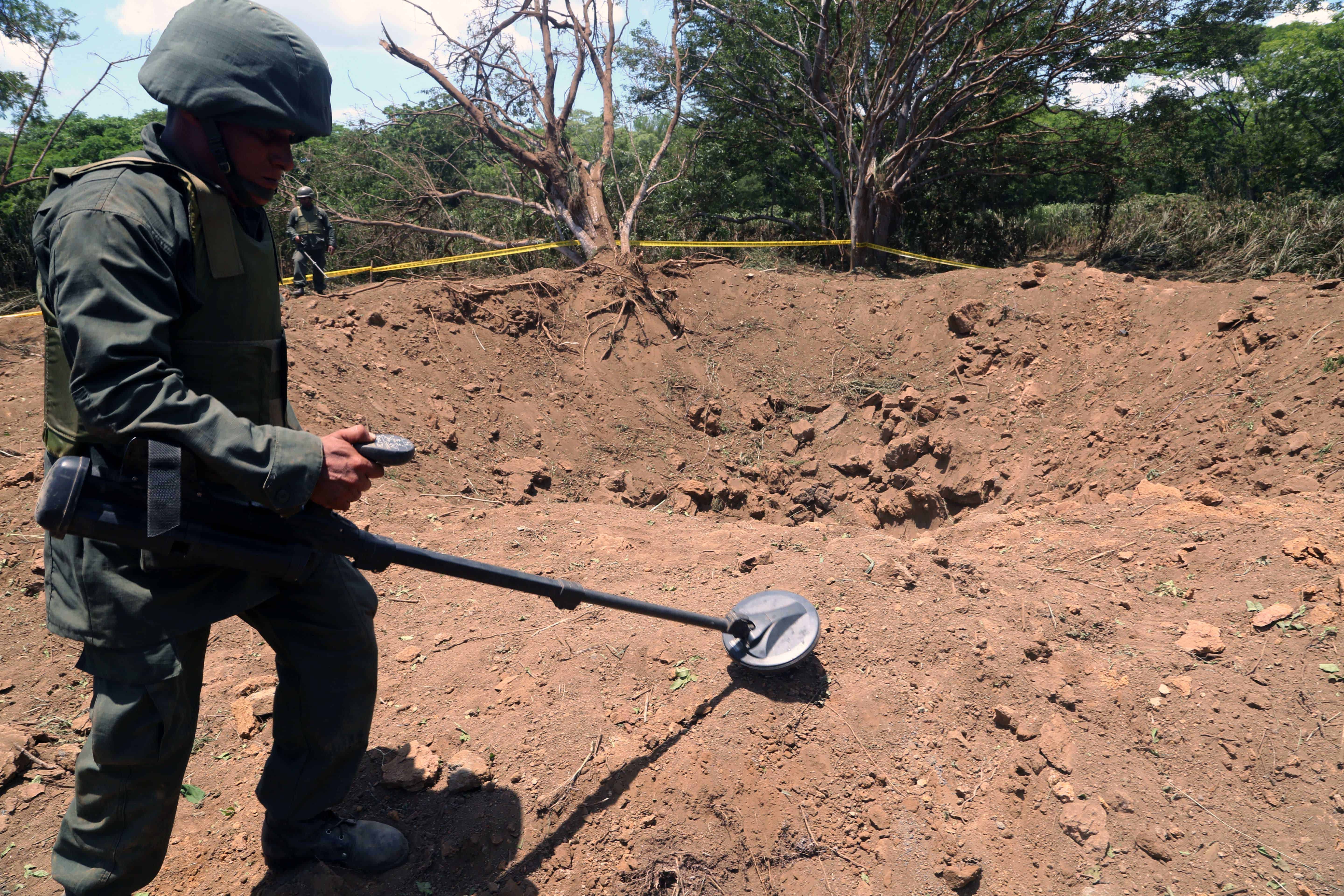Seems we have a genuine mystery on our hands.
Disbelievers took to social media almost instantly after Nicaraguan newspapers – mostly run by the Sandinista government – proclaimed a large explosion Saturday night likely was caused by a meteorite from the passing asteroid 2014 RC. Now the naysayers seem to be backed up by NASA scientists.
On Monday, National Geographic, citing asteroid experts from NASA and MIT, all but refuted the claim by Wilfredo Strauss of the Nicaraguan Institute of Earth Studies that the explosion and its 12-meter-wide crater had something to do with 2014 RC.
According to National Geographic:
Managua residents reported the blast just after midnight. In some news reports, geophysicist Wilfried Strauch of Nicaragua’s Institute of Earth Studies attributed the crater to a meteorite impact.
However, NASA asteroid expert Don Yeomans, author of Near-Earth Objects: Finding Them Before They Find Us, says that outside experts suspect the crater wasn’t caused by an impact.
“This event was separated by 13 hours from the close Earth approach of 2014 RC, so the explosion and the asteroid are unrelated,” says Yeomans, because the Earth moves about 870,000 miles (1.4 million kilometers) in 13 hours. “There was no obvious optical fireball or debris trail seen prior to the explosion, so it seems unlikely that the explosion in Nicaragua was related to a meteorite impact.”
The story also noted that the Chelyabinsk meteorite strike, which happened in February 2013, damaged buildings across central Russia, and the resulting fireball was “bright enough to sunburn some watchers.”
According to Nicaraguan officials, the explosion Saturday occurred near Managua’s Augusto C. Sandino International Airport and a Nicaraguan Air Force base. The percussion shook buildings and roused sleeping residents many kilometers from the alleged point of impact. However, no one seems to have witnessed the light trails or visual flash that one would expect with a meteorite strike.
Yesterday, The Nicaragua Dispatch said:
Residents in the area report that they saw something “fall from the sky” in the area, while others reported liquid and debris falling from the sky after the explosion. Amid the confusion, Nicaraguans turned to social media to find information and express their frustration with government’s inability or unwillingness to provide answers.
Citing the Nicaraguan daily La Prensa, the Dispatch said “soldiers blocked off the area with orders to ‘shoot at anything that appeared out of the ordinary.’”
Several readers also noticed the absence of burn marks and charring around the crater. The government then released this photo, allegedly taken yesterday:

But the Dispatch’s Tim Rogers isn’t buying it, saying on Facebook:
So now that NASA is raising questions about whether Managua was really impacted by a meteorite, let me cast another doubt. Something about this picture, which was allegedly taken right after the crater was discovered, seems very odd to me. The path cleared through the brush by the army sappers does not appear to be only a few hours old. Cut grass does not die and turn sun-scorched brown that quickly, even if the area was heavily trafficked for a few hours. To me, that path looks several days, if not weeks, old and trodden. But, wait, that would mean there was a path to the crater site long before the meteorite hit…
Government spokeswoman and First Lady Rosario Murillo (President Daniel Ortega never talks to reporters) says she has appealed for help from international experts to solve the mystery.
Sort of.
Said Murillo: “We’ve invited the relevant international organizations” to “provide information on similar incidents.”
We’ll be anxiously awaiting the results.
AFP contributed to this report.






